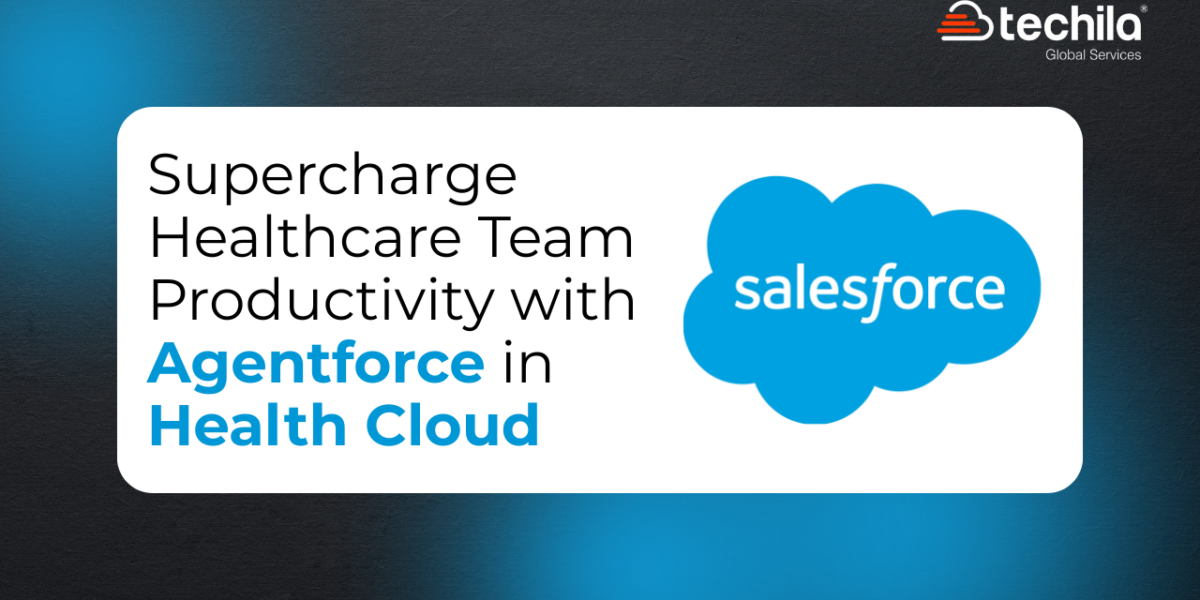If executed well, Salesforce implementation can be one of the best decisions taken by your organization. The CRM platform helps you manage your customer database with the help of a centralized and automated platform, allowing your team to provide personalized services to your customers. For more than twenty years, Salesforce has been catering to organizations operating in all major industries around the world. However, despite being in the market for so long, organizations confuse themselves when it comes to Salesforce Admin vs Consultant.
The roles of a Salesforce Administrator and a Salesforce Consultant often confuse businesses when it comes to hiring them. Especially if new companies are willing to implement the CRM platform, they often find themselves in a fix between hiring administrators and consultants.
To make Salesforce Admin vs Consultant clearer, let us start by understanding who is a Salesforce administrator, an accidental (in-house) Salesforce administrator, and a Salesforce consultant.
Who Is A Salesforce Consultant?
In simple words, a Salesforce consultant is a professional who helps an organization implement and optimizes Salesforce. They are often the first points of contact when Salesforce users are in a fix and the organization needs help in matters regarding the implementation of Salesforce in the best way possible.
The scope of a Salesforce consultant is fairly vast as it may cater to the entire implementation process – right from ideation to user adoption. Salesforce consultants often act as bouncing boards for their clients’ ideas and help make the most of the CRM platform. This involves helping them allocate their budgets, identifying KPIs, defining their objectives, creating an implementation plan, and much more.
In most cases, companies prefer engaging with external Salesforce consulting partners on a contractual basis. This prevents them from letting any bias hamper the implementation process and ensures smooth and effective use of the CRM platform. Salesforce consultants can also be hired for a long-term basis if the scope of the project is larger and requires more dedication from the concerned Salesforce professional.
Salesforce consultancy services can be provided by an individual as well as a dedicated company. Although they are not associated with Salesforce in any way, Salesforce consultants are the “Jacks of all trades” and are aware of a range of functionalities pertaining to the CRM platform.
Now that we are clear about the role of a Salesforce consultant, let us understand who an accidental Salesforce Admin is.
Who Is An Accidental Salesforce Administrator?
As the name suggests, an accidental Salesforce administrator is a professional who has become an Admin by chance. These in-house professionals are commonly found in the IT industry. A lot of organizations end up appointing their skilled and capable Salesforce professionals as Salesforce administrators if they are looking for a change in their roles. Also, professionals having experience in managing CRM platforms in the past are often made Admins by small and growing organizations.
In the case of an accidental Salesforce administrator, the burden of responsibilities lies on the management’s shoulders to ensure that the right person is chosen for the right job. If you are appointing an in-house Salesforce administrator, always make sure that it is not simply a cost-effective decision and the concerned professional is well-versed with the duties of a Salesforce Admin.
In most cases, accidental Salesforce administrators are appointed by organizations that do not require managing complicated databases and workflows. One of the best ways to solidify the eligibility of an in-house employee of becoming a Salesforce administrator is to get them certified. This would provide them with an official stamp of approval from Salesforce regarding their skills and capabilities as an Admin.
Who Is A Salesforce Administrator?
In general, a Salesforce administrator is a professional who knows the CRM platform inside out. They are well-versed with the nitty-gritty details about the platform and are familiar with its core essence. A Salesforce administrator often takes on multiple roles and performs different tasks, including project management, employee training, business analysis, and general administration.
If companies are looking for dedicated Salesforce administrators to manage their CRM, they can either hire full-time administrators or work with Salesforce contractors. As opposed to accidental administrators, a dedicated Salesforce Admin can be shouldered with the responsibility of managing complicated business processes, handling complex workflows, and overlooking efficient data management on a regular basis.
The Difference Between A Salesforce Admin And Consultant
Now that we have understood the roles of a Salesforce consultant, an accidental administrator, and a dedicated Salesforce administrator, we can dive a little deeper into Salesforce Admin vs Consultant.
Here are some of the major parameters that can be used to understand the differences between the two professions:
Time Spent On Salesforce Projects
When it comes to the time spent by Salesforce professionals on specific projects, the focus on time is more in the case of a Salesforce consultant as compared to a Salesforce administrator.
A Salesforce Consultant is judged (and billed) on the basis of the time they spent on a specific project. This is also a common trend as most businesses hire Salesforce consultants on a contract basis. On the other hand, the job of a Salesforce administrator is largely ongoing and they are not judged (or billed) by the hours they spend on a project. Their work is more managerial in nature and their services are availed of as and when the need arises.
Duration Of Business Relationships
As compared to the relationship between an organization and a Salesforce consultant, the relationship between an organization and a Salesforce administrator lasts longer. As mentioned in the previous point, the job of a Salesforce Admin is largely ongoing, making them stick around with their clients for a longer period of time.
On the other hand, especially in the case of consultants responsible for Salesforce implementation, their job is finished once the implementation project is completed. Unless an organization is specifically looking to stay associated with a Salesforce consultant for a longer period of time, its relationship with them is short-lived. This provides greater flexibility to Salesforce contractors providing consulting services to multiple organizations.
Knowledge About The CRM Platform
As opposed to a Salesforce consultant, Salesforce administrator often has more knowledge about the CRM platform. This is essentially because the job of an administrator is more specific than a consultant.
A Salesforce consultant largely plays the role of an advisory for their clients. This may or may not require in-depth knowledge about different Salesforce offerings, features, and tools. Also, based on the specific expertise possessed by consultants, they can be hired for implementing different Salesforce offerings.
On the other hand, a Salesforce administrator is expected to have a way deeper and more specific knowledge about Salesforce as a whole. While consultants can gain expertise in one or more aspects of the CRM platform, administrators often do not have the liberty to do so.
Midway Change Of Scope
Salesforce implementation and operation are dynamic processes and there may be several changes along the way. Although both administrators and consultants encounter changes in the scope midway, Salesforce administrators are more likely to afford the changes as compared to consultants.
This is essentially because of the time-bound nature of Salesforce consultancy services. Especially in the case of implementing the CRM platform, Salesforce consultants strictly follow the project timeline and can rarely afford to take a detour. In case there is a midway change of scope, they may not always be up for it.
On the other hand, Salesforce administrators can accommodate such changes as their services are not so bound by the hours they spend. Even if it takes longer for them to get the work done, administrators can afford to adapt to changing scope during the execution of a Salesforce project.
Important Questions To Ask Before Hiring A Consultant Or An Admin
Before you go ahead with hiring a Salesforce Consultant or an Admin, it is important to be well-versed with your objectives, vision, and purpose of Salesforce implementation. Clearly defining your business needs and objectives would help you get the right professionals on board.
Here are some of the most important questions you should ask yourself before hiring either a Salesforce Admin or a Salesforce consultant:
- How many Salesforce licenses does your organization have?
- How many Salesforce licenses are currently in use? Is your company running out?
- Do you need to migrate to Salesforce Lightning?
- Have you migrated from an alternate CRM platform to Salesforce?
- What is the complexity of your business processes?
- Which departments are you willing to cater to through Salesforce implementation?
- Is there a need for custom coding?
- Are the KPIs of your organization run out of Salesforce?
- Do you need to integrate Salesforce with a suitable third-party application?
- Are you aiming at scaling up your business?
The Final Word
These were some of the most important aspects to consider for understanding Salesforce Admin vs consultant. Irrespective of the professional you hire for helping you manage your CRM platform, make sure that your decisions are in sync with the inherent objectives to be achieved by your organization.

 +1 561 220 0044
+1 561 220 0044 +61 255 646464
+61 255 646464 +91 909 080
3080
+91 909 080
3080

